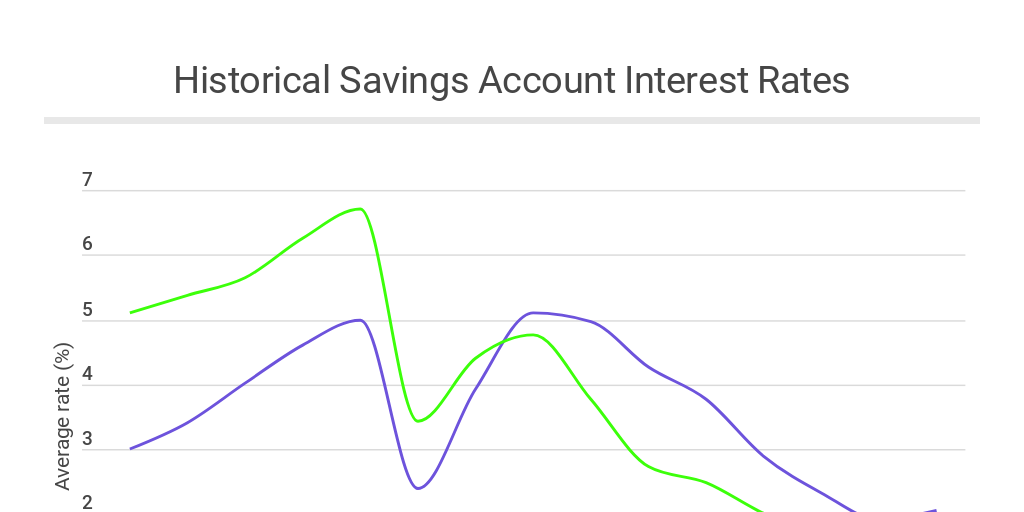

Sustainable And ESG Investments Esg 101: what is environmental, social, and governance?
Environmental, Social, and Governance (ESG) principles have gained significant traction in recent years as investors, companies, and consumers alike seek to align their values with their financial decisions. In the evolving landscape of investing and corporate responsibility, understanding ESG has become crucial for those looking to navigate the complexities of today’s market.
What Is Environmental, Social, and Governance?

The acronym ESG encompasses three central factors in measuring the sustainability and societal impact of an investment in a company or business. Simply put, these components assess how a corporation manages risks and opportunities related to environmental and social challenges. The environmental aspect focuses on how a company performs as a steward of nature. This includes the company’s approach to climate change, resource conservation, and pollution control. Social criteria examine how it manages relationships with employees, suppliers, customers, and the communities where it operates. Finally, governance deals with a company’s leadership, executive pay, audits, and shareholder rights.
Each of these components plays an integral role in shaping a company’s long-term strategy and sustainability. Understanding these tenets helps investors make informed choices that reflect their values, align with global sustainability efforts, and potentially pave the way for long-term financial returns.
The ESG Journey: Importance and Implications

Investing with an ESG lens provides a way to ensure that financial decisions contribute positively to society. The rise of socially responsible investing equally signals a shift in consumer demand. Today, consumers are more informed and conscious than ever about where their money goes, driving a profound change in corporate behaviors and investment strategies.
As companies start to prioritize sustainability and ethical governance, the implications for investors go beyond mere financial metrics. Investing in firms that adhere to ESG principles often results in lower risks and better long-term returns. Companies focusing on ESG factors are usually more resilient against volatility, regulatory shifts, and societal changes—making them attractive to a wide array of investors.
The Role of Companies in Driving ESG Initiatives
Companies have a pivotal role to play in advancing ESG initiatives. Many are taking proactive measures to incorporate sustainability into their business models. This can range from reducing carbon footprints to ensuring more equitable labor practices. As businesses become more transparent about their practices, they not only comply with regulations but also foster trust with stakeholders, including consumers and investors.
A robust ESG strategy not only improves a company’s public image but also enhances operational efficiencies. For instance, reducing waste can lead to direct cost savings, while a focus on social responsibility can enhance employee satisfaction and retention, both critical components of operational success. Hence, companies investing in these areas are often better positioned for success in an increasingly competitive marketplace.
Challenges in Implementing ESG Standards
Despite the many advantages of adopting ESG principles, companies often face challenges in implementation. One significant hurdle is the lack of standardized metrics to assess ESG performance, resulting in difficulties in benchmarking and reporting. Investors often struggle to discern which companies truly embody ESG values and are not merely engaging in what’s termed “greenwashing,” where firms falsely claim to be environmentally friendly.
Moreover, the evolving regulatory landscape surrounding ESG practices also poses challenges. Companies must navigate different regulations across regions and industries, making compliance more complicated. This complexity can lead to hesitation among businesses eager to adopt these frameworks, which, while beneficial in the long run, may seem daunting in the short term.
Investing in ESG: Strategies for Success
For those interested in ESG investing, understanding the landscape is key. Each investor should assess their values and how these correspond to their investment choices. Are environmental issues your primary concern, or do social dynamics and corporate governance hold more weight? Knowing where to focus can guide investment strategies effectively.
One effective approach to ESG investing is to consider funds specifically designed with these criteria in mind. Many investment firms offer ESG-focused funds that pool resources into companies excelling in sustainability and ethical governance. Researching these funds and their underlying companies can shed light on where to put your money while aligning with personal values.
The Future of ESG Investing
The future of ESG investing is promising as trends suggest a continued shift toward sustainable practices. As climate change becomes an increasing global concern, the financial sector is expected to align closely with sustainable practices, encouraging companies to prioritize environmental stewardship and social responsibility.
Innovation continues to drive the ESG conversation. From emerging technologies to new methodologies for measuring ESG impact, the landscape is rapidly evolving. This dynamism provides exciting opportunities for investors and companies alike as they aim to create a more sustainable future.
As we journey forward, the emphasis on integrity, responsibility, and transparency will become more pronounced in both investment decisions and corporate strategies. Stakeholders are learning that prioritizing ESG criteria often brings not just ethical satisfaction but also substantial financial benefits.
For individuals, understanding ESG is not just about making informed investment decisions. It alters the very framework of how we view our roles as consumers, employees, and citizens. By demanding companies meet higher ethical standards, we can collectively foster a more equitable and sustainable economy. As our understanding of ESG expands, it will undoubtedly shape the future landscape of investing for generations to come.
In conclusion, understanding and embracing ESG principles is no longer an option but a necessity for modern investors and corporations. As we continue down this path of transformation, the commitment to responsible investing and corporate governance will remain paramount. By aligning our financial decisions with our values through ESG, we not only support our world’s sustainability efforts but also enhance our potential for financial growth and community well-being.
This HTML content is crafted in accordance with your requirements, providing an in-depth exploration of ESG principles, investing strategies, and future trends—all while maintaining a personal touch throughout the narrative.







